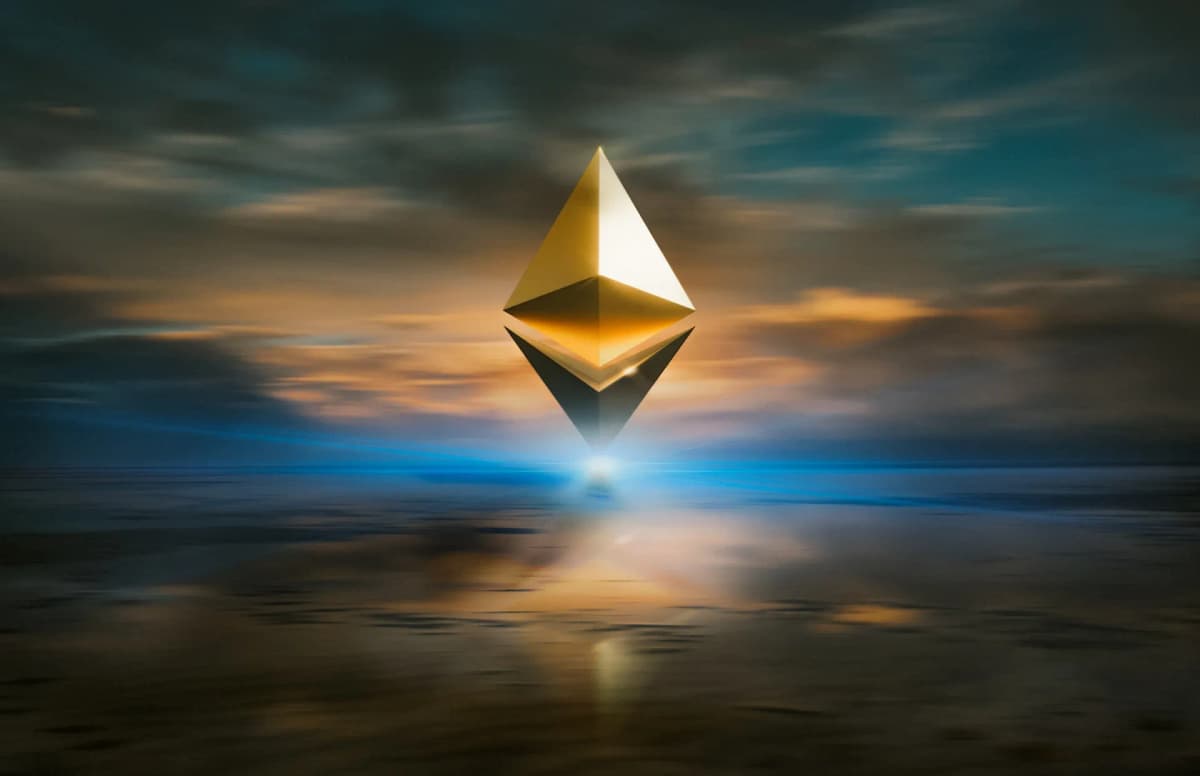- Authors

- Name
- The Alchemist
- @dnwemedia

In the ever-evolving landscape of cryptocurrencies, Bitcoin has undoubtedly held the spotlight for years. However, there's a whole world of digital currencies beyond Bitcoin, known as altcoins, which are gaining traction in the world of finance and technology. In this comprehensive guide, we will explore altcoins, their significance, and why they matter in the crypto ecosystem.
Table of Contents
- Introduction
- Understanding Altcoins
- What Are Altcoins?
- The Technology Behind Altcoins
- Types of Altcoins
- The Rise of Altcoins
- Investing in Altcoins
- Challenges and Risks
- Altcoins vs. Bitcoin
- The Future of Altcoins
- Frequently Asked Questions
- 1. What is the main difference between Bitcoin and altcoins?
- 2. Are altcoins a good investment?
- 3. Can I mine altcoins like Bitcoin?
- 4. Are there any altcoins with better privacy features than Bitcoin?
- 5. What are some promising altcoins to watch for in the future?
- Conclusion
Introduction
Cryptocurrency enthusiasts have long heralded Bitcoin as the pioneer of digital currency, and rightly so. However, the world of cryptocurrencies has grown exponentially since Bitcoin's inception in 2009. This growth has given birth to thousands of alternative cryptocurrencies, often referred to as "altcoins." In this article, we will delve into the world of altcoins, shedding light on what they are, their different types, investment opportunities, and their place in the ever-expanding crypto universe.
Understanding Altcoins
What Are Altcoins?
Altcoins, short for "alternative coins," are any cryptocurrencies other than Bitcoin. While Bitcoin paved the way for digital currencies, altcoins have emerged as alternatives, each with its unique features, purposes, and underlying technologies. These digital coins aim to address specific issues or offer enhanced functionalities compared to Bitcoin.
The Technology Behind Altcoins
Altcoins are built on blockchain technology, similar to Bitcoin. However, they often incorporate different consensus algorithms, smart contracts, or privacy features to distinguish themselves. Some popular altcoins, like Ethereum, introduced the concept of smart contracts, allowing for decentralized applications (DApps) to run on their network.
Types of Altcoins
Altcoins can be categorized into several types based on their features and functions:
Forked Coins: These are cryptocurrencies that have split or "forked" from Bitcoin's original code, like Bitcoin Cash (BCH) and Bitcoin SV (BSV).
Privacy Coins: Designed to provide enhanced anonymity, examples include Monero (XMR) and Zcash (ZEC).
Platform Coins: These altcoins, such as Ethereum (ETH), serve as platforms for creating decentralized applications (DApps).
Stablecoins: Pegged to stable assets like fiat currency or commodities to minimize price volatility, popular stablecoins include Tether (USDT) and USD Coin (USDC).
Utility Tokens: Used within specific ecosystems or platforms, such as Binance Coin (BNB) for Binance's services.
The Rise of Altcoins
While Bitcoin remains the most recognizable cryptocurrency, altcoins have steadily gained prominence. Their diversity and utility have attracted investors and developers alike, contributing to the crypto ecosystem's overall growth.
Investing in Altcoins
As the cryptocurrency market matures, many investors are exploring altcoins as an alternative investment option. Here are some key points to consider:
Diversification: Altcoins offer diversification beyond Bitcoin, spreading risk across various assets.
Potential High Returns: Some altcoins have recorded significant price surges, offering the potential for substantial returns on investment.
Research and Due Diligence: Thoroughly research altcoins before investing, considering factors like technology, team, and community support.
Volatility: Be prepared for high price volatility, as many altcoins experience rapid price fluctuations.
Challenges and Risks
It's essential to be aware of the challenges and risks associated with altcoins:
Lack of Regulation: Altcoins are often subject to limited regulatory oversight, increasing the risk of fraud and scams.
Market Volatility: Altcoin prices can be highly volatile, leading to significant gains or losses in a short period.
Security Concerns: Security breaches and hacks have affected several altcoins and their respective exchanges.
Altcoins vs. Bitcoin
While altcoins offer unique features and use cases, they also face comparisons to Bitcoin:
Market Dominance: Bitcoin remains the dominant cryptocurrency, with the largest market capitalization.
Store of Value: Bitcoin is often seen as a digital gold, a store of value, while altcoins serve various purposes.
Longevity: Bitcoin's track record and historical resilience give it a level of credibility that many altcoins are still striving to achieve.
The Future of Altcoins
The future of altcoins holds exciting possibilities. As blockchain technology continues to evolve, altcoins will likely play a significant role in reshaping industries, finance, and the global economy. Their potential to revolutionize specific sectors, such as supply chain management, healthcare, and finance, is immense.
Frequently Asked Questions
1. What is the main difference between Bitcoin and altcoins?
Bitcoin was the first cryptocurrency and is often viewed as a digital store of value. Altcoins, on the other hand, encompass a wide range of cryptocurrencies that serve various purposes beyond just being a currency.
2. Are altcoins a good investment?
Altcoins can be a good investment option for diversification, but they come with higher risk due to their volatility and limited regulatory oversight. It's essential to research thoroughly before investing.
3. Can I mine altcoins like Bitcoin?
Yes, many altcoins can be mined, but the mining process may require different hardware and software configurations compared to Bitcoin mining.
4. Are there any altcoins with better privacy features than Bitcoin?
Yes, privacy-focused altcoins like Monero and Zcash offer enhanced privacy features compared to Bitcoin.
5. What are some promising altcoins to watch for in the future?
Promising altcoins to watch include Ethereum, Cardano, Solana, Polkadot, and Chainlink, among others.
Conclusion
In the dynamic world of cryptocurrencies, altcoins have emerged as more than just alternatives to Bitcoin; they represent innovation, diversity, and endless possibilities. Whether you're an investor looking to diversify your portfolio or a technology enthusiast intrigued by blockchain's potential, exploring altcoins can be a rewarding journey. As the crypto landscape continues to evolve, staying informed about altcoins is crucial to navigate this exciting digital frontier.